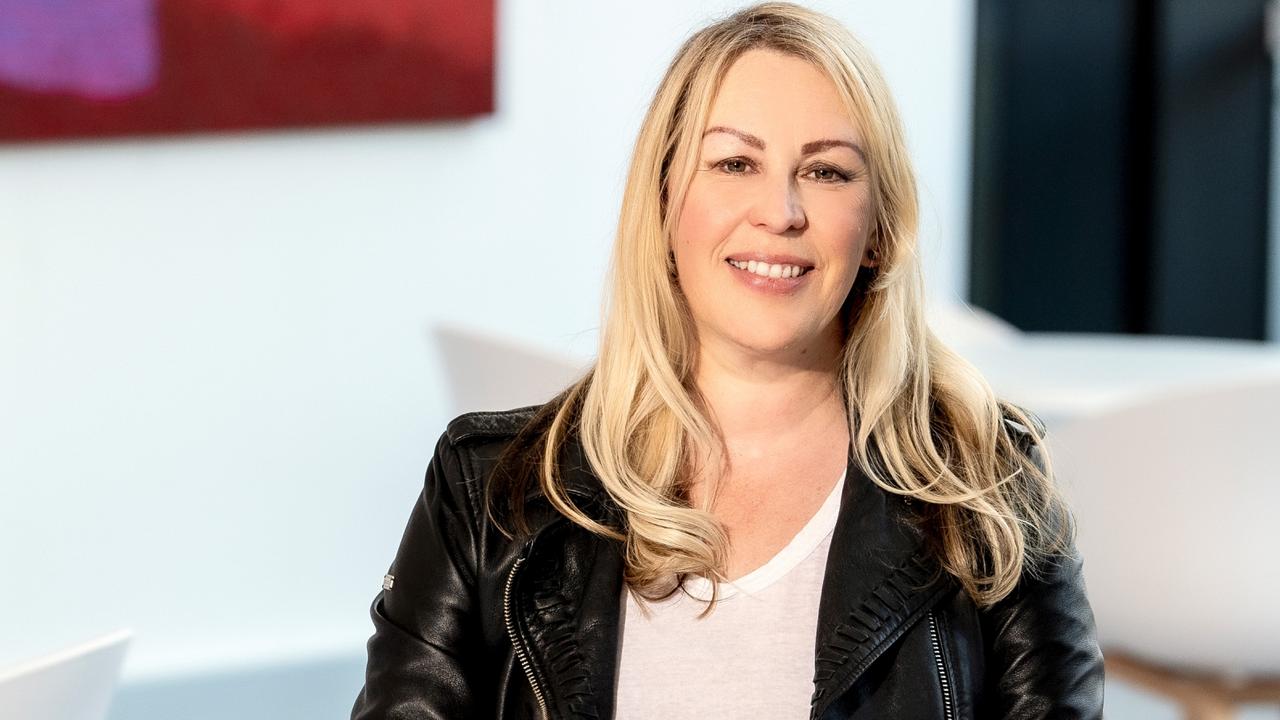They’re masters of TikTok, the word “rizz” and somehow intuitively understanding the exact right height at which to wear a pair of socks, but it turns out there’s another area where Gen Z surpasses the knowledge of older generations: self-care.
Recent research by Subway found four in five Aussies are skipping their lunch break at work, resulting in an average of 7.5 million unpaid hours being worked each week.
While experts and industry leaders alike have pointed out the risks to employee well-being in this behavior, the survey showed Gen Z is the generation most in-tune with their mental health, with younger respondents most likely to say that condensing, skipping, or working through their lunch break has negative impacts on them overall.
Sixty-seven per cent of Gen Z respondents said the practice led to negative overall effects, compared to 53 per cent of millennials, 48 per cent of Gen X, and only 28 per cent of Baby Boomers.
About a quarter of Gen Z respondents (26 per cent) said skipping breaks in their workday led to them feeling burnt out, 17 per cent said it led to them feeling lethargic, and 16 per cent said their mental health was affected.
Boomers were also the least likely to consider working through their break having an impact at all, with only half of respondents born between 1946 and 1964 saying it had an effect, whether that be positive or negative.
Of Gen Z respondents, 85 percent said it would have any impact on them, with that number decreasing with age.
Bond University Assistant Professor of Organisational Psychology Dr Libby Sander, says this heightened awareness of their professional limits in the younger generation is a direct result of watching burnout play out in their parents.
“Certainly what we’re seeing in research is that Gen Z and the Gen Alphas coming through have watched their parents probably work very long hours, burn out, not take their annual leave, not take lunch breaks,” Dr Sander tells news.com.au.
“All this is to a questionable benefit in terms of loyalty from organizations when things get tough.
“(The new generations) are just less willing to do that, and much more conscious of that. It’s a long-term thing to be at your best: you need to look after your health and your well-being, and so they’re just less willing to do those kinds of things, which, let’s be honest, none of us should be doing!”
Dr Sander continues: “We all know the impact of not taking regular breaks, not moving during our work day, not getting fresh air, so all of us should be taking their lead!”
Another factor at play behind Gen Z being more attuned to balancing work and rest could be the changing nature of how young people view careers.
Research suggests the average Gen Z will have about 18 jobs across six different careers in their lifetime, meaning attachment to any one employer - or even industry - is significantly diluted.
“There’s very much this awareness now of the ‘portfolio career’ that the younger generations are going to be having, and that they’re not going to be staying in one job for many, many years,” Dr Sander says.
“So it’s really about understanding over the long term, what are the things that are going to help me build my skills, build my experience, build my network, but also look after the asset if you want to use that word, to allow me to have this wonderful and flourishing career?
“I hear stories regularly now, unfortunately, of students who have burnt out, perhaps more from the Millennial generation, burning out in their twenties and sort of throwing in the corporate career and then taking a few years off on a break.
“I think it’s great that awareness is growing. Yes, we’ve all heard the message about working hard early in your career and taking opportunities, and I think that’s true, however, not to the extent that you should be working 60 or 70 hours a week, or forgoing eating and having lunch breaks, because that’s just not sustainable, and it’s not going to help anybody long term.”




